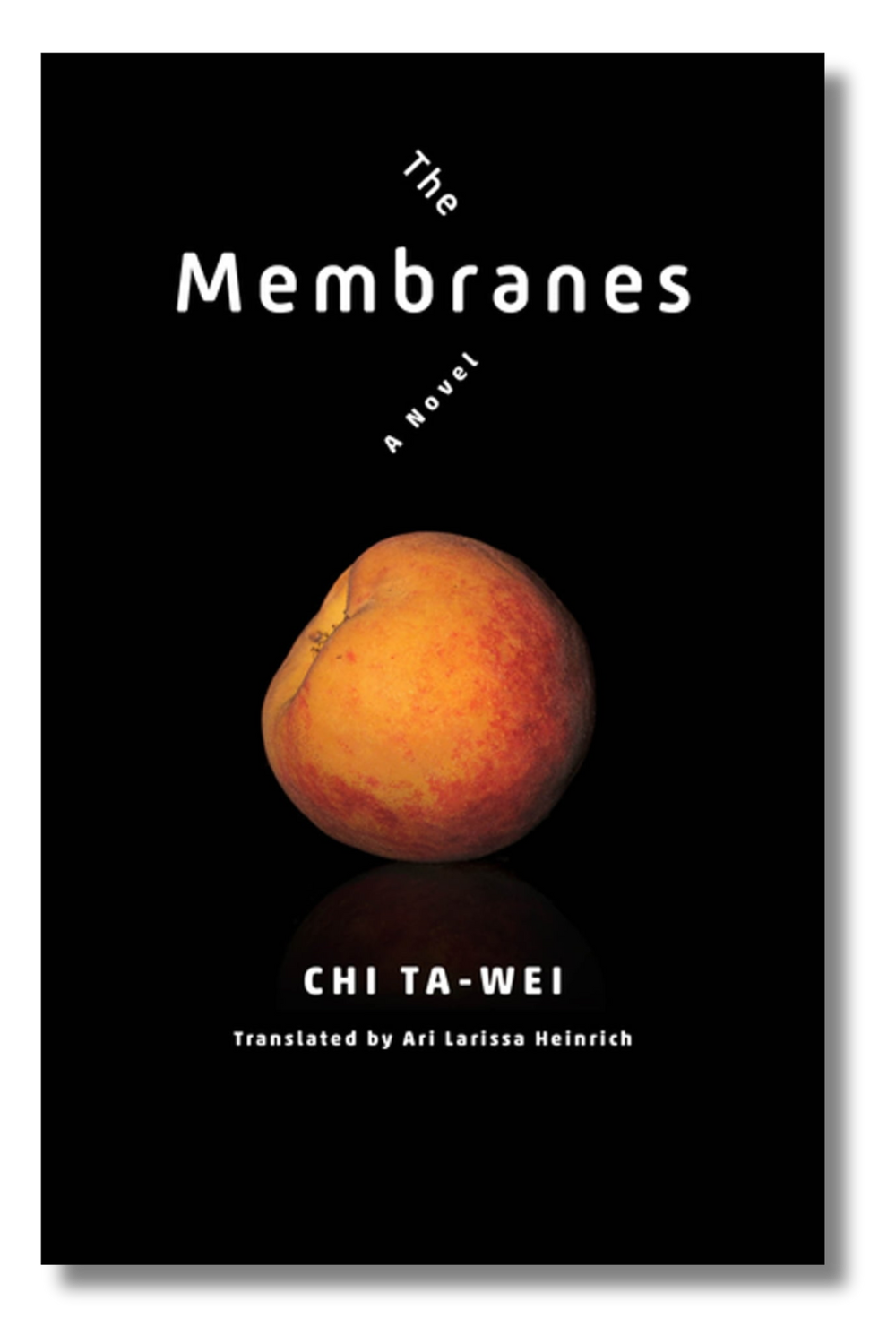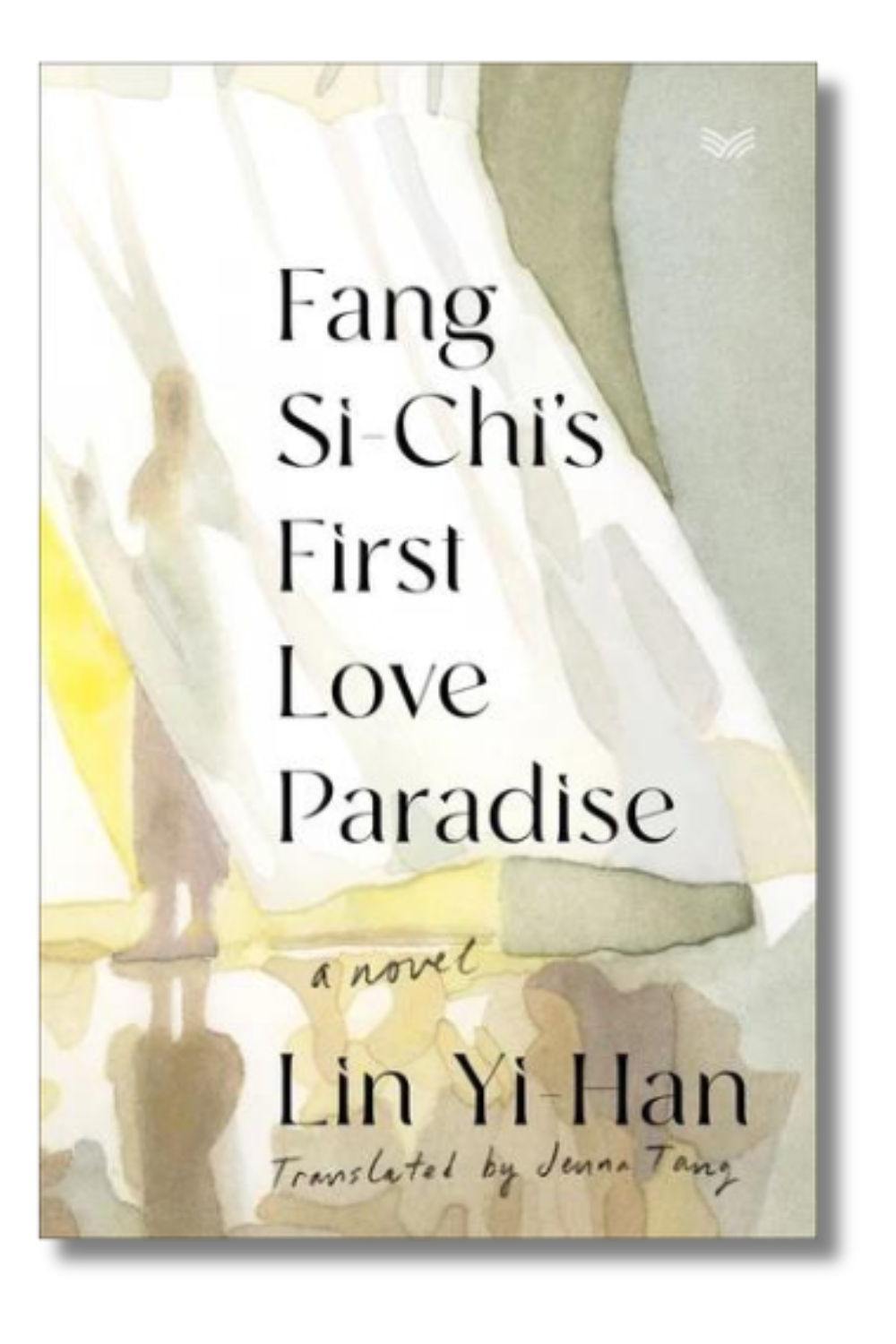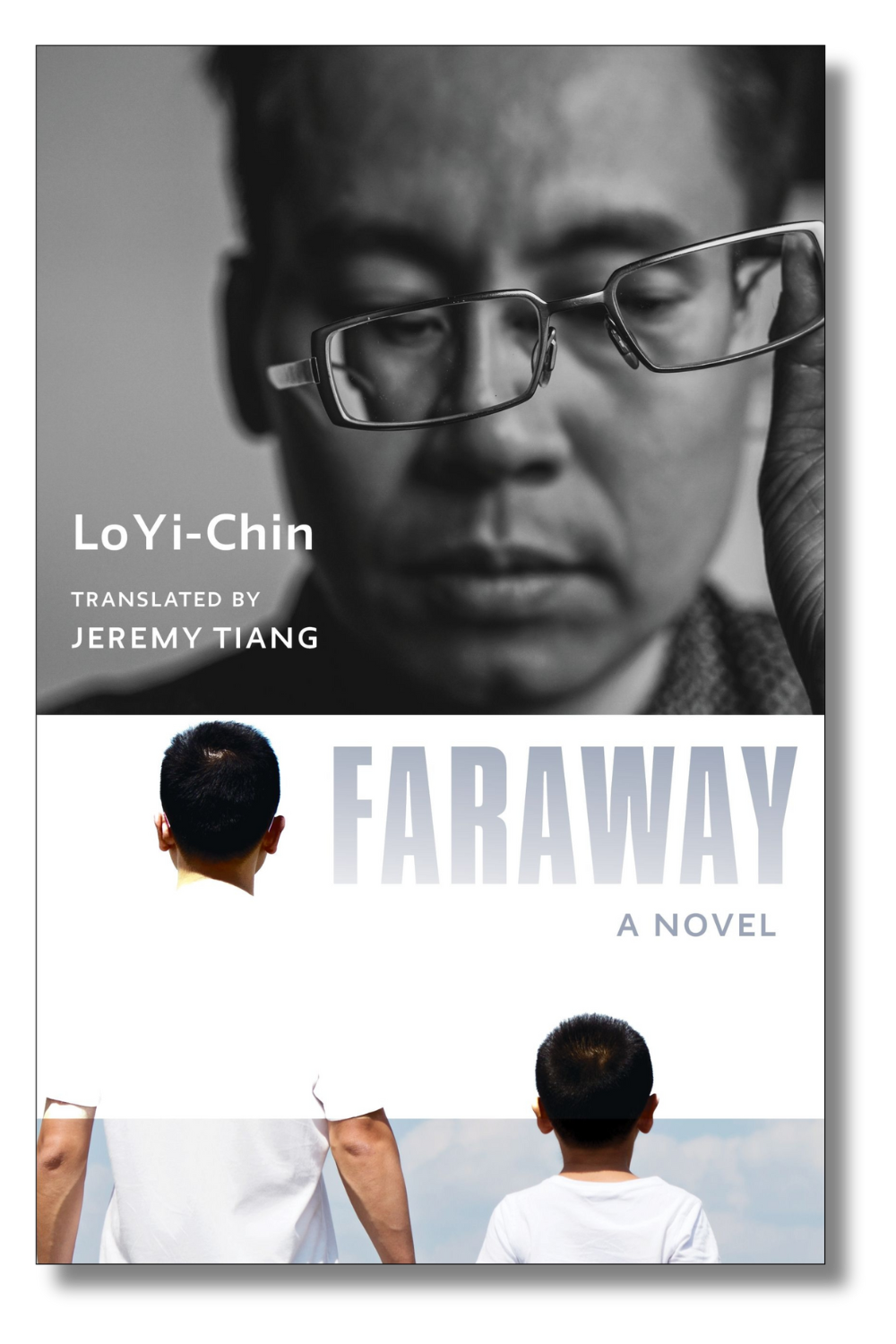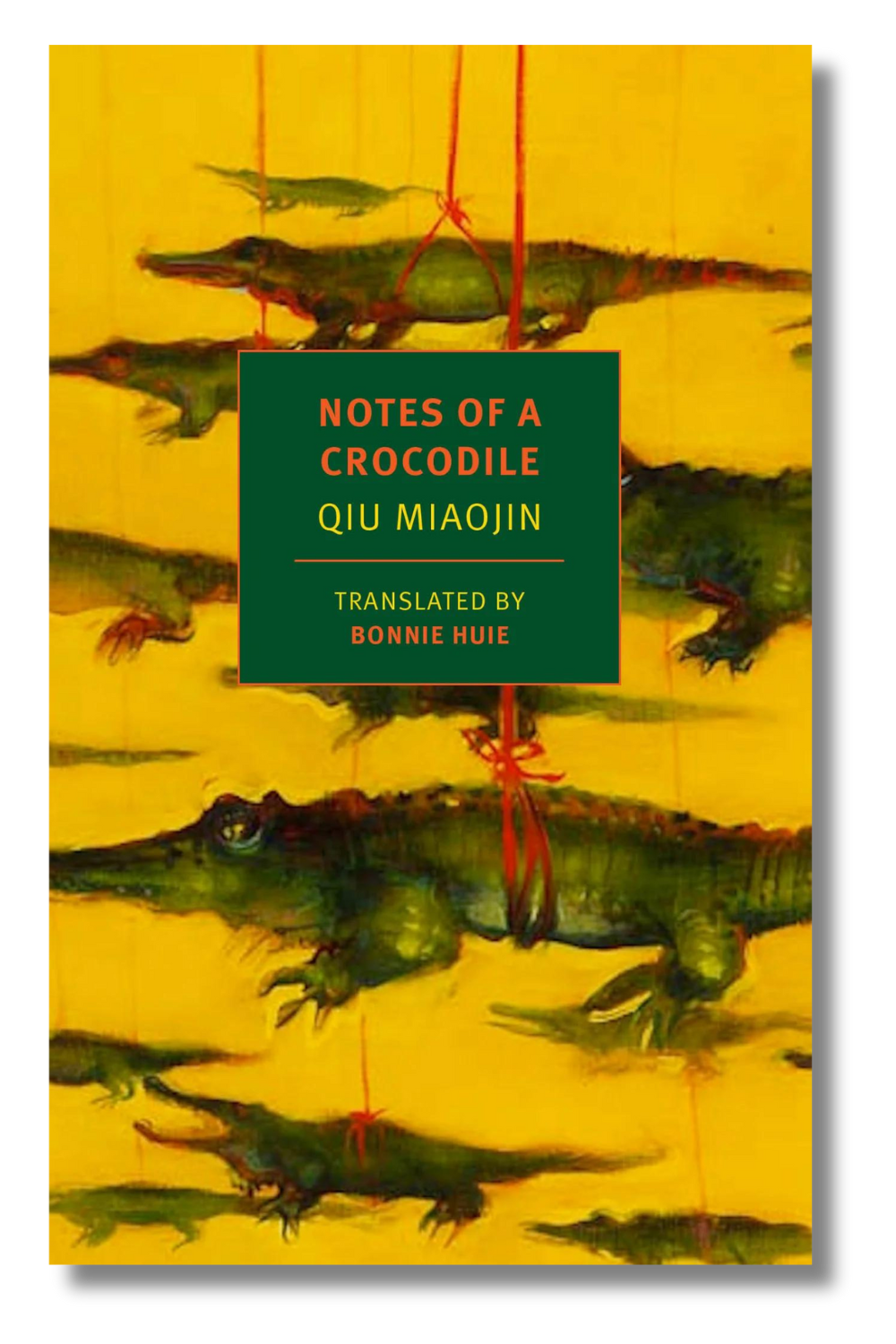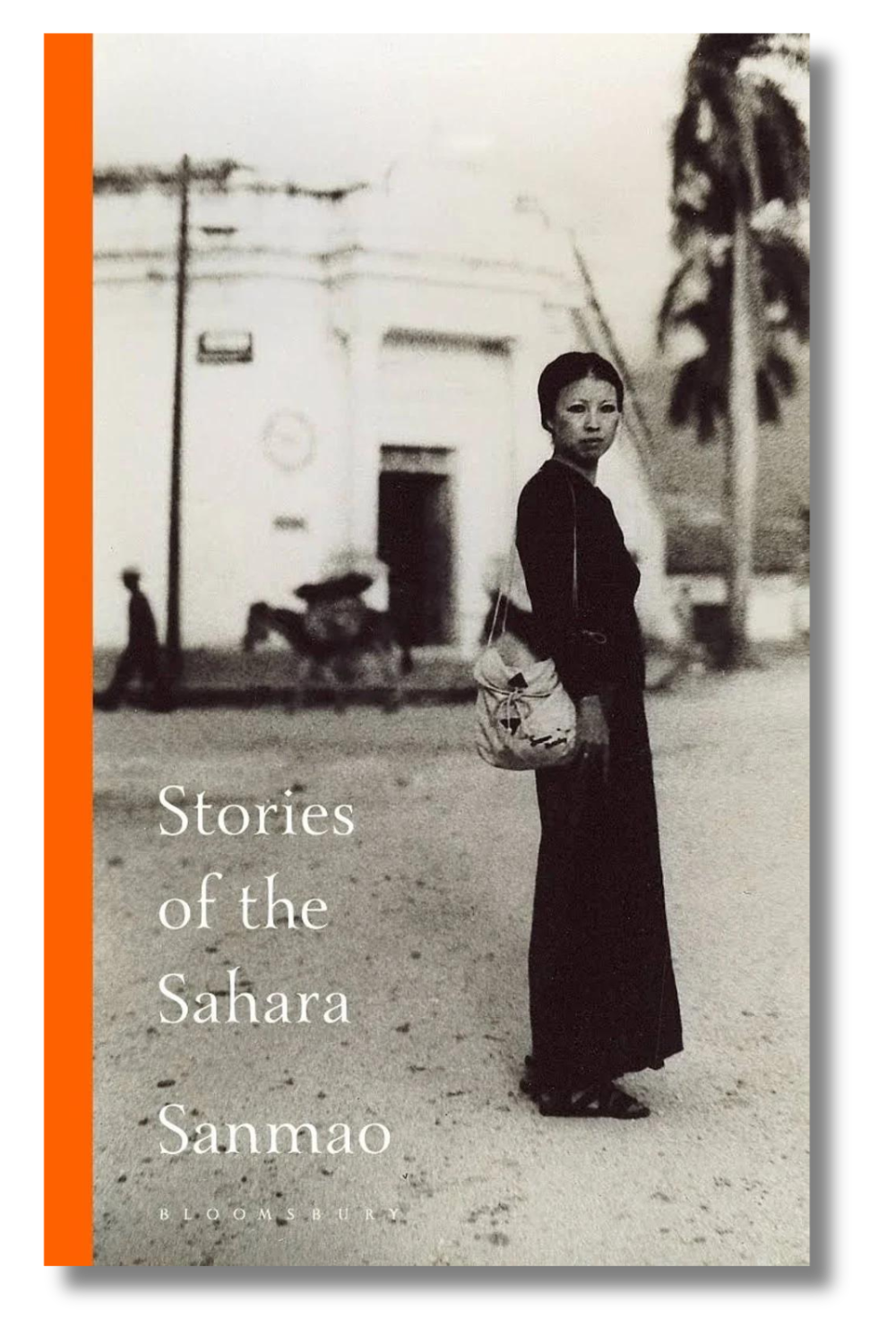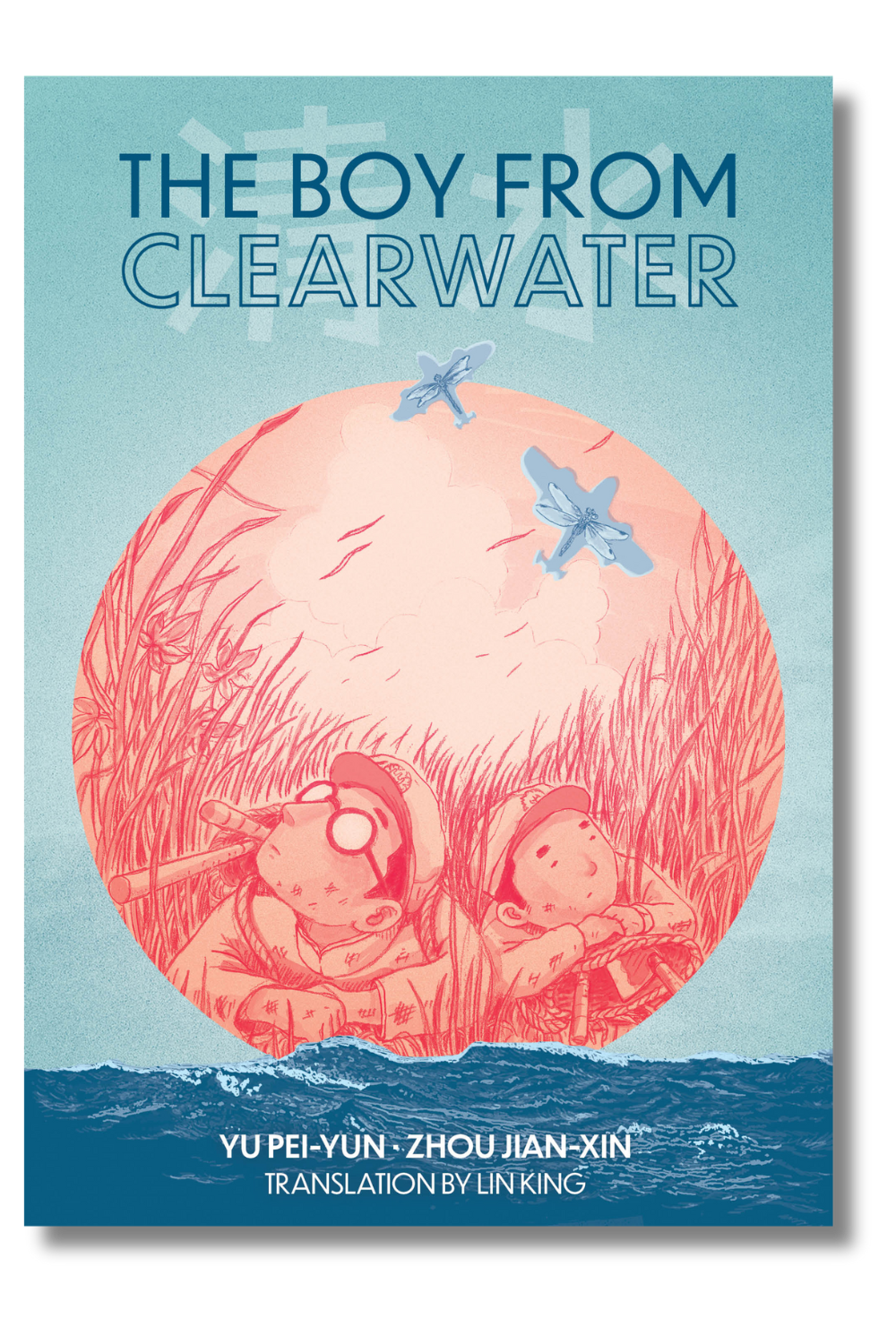Taiwan is a small island, yet it boasts a diversity of languages beyond just Mandarin Chinese. There are dialects like Hakka, Taiwanese Hokkien, and many more Indigenous languages that are yet to be widely learned and appreciated. Not many Taiwanese books are translated into English in their entirety, and to this day, there’s a constant need for more translators, especially BIPOC translators, to bring these stories to the English-speaking world and beyond.
At the same time, because of cultural differences and its particular narrative logics, Taiwanese literature takes time to be understood or even considered by international publishers. Many Taiwanese literary works are written in streams of consciousness, or are rich in slang, or involve a level of ridiculosity that is more common in our literary context. But that is why translators are so important in bringing these works to new readers: by engaging with the texts and the place on a deep level, we’re not only working with the languages, we’re also working with the landscapes that give rise to the stories we love. To learn more about Taiwanese literature that has not yet been translated into English, and to get a sense of the themes that run through it, you can check out “Understanding Taiwanese Literature Beyond Borders,” an essay I published last year in Taiwan Insights.
As much as we need more stories from Taiwan to be translated, there’s still a lot to enjoy in English. Here’s a list of books and short stories that I’ve truly loved over the years.
The Membranes
Written by Chi Ta-wei and translated by Ari Larissa Heinrich
Published by Columbia University Press
Chi Ta-wei’s writings and dedication to promoting queer literature have been vital in the Taiwanese literary landscape. This speculative, dystopian novel brings readers to the late twenty-first century, by which time humanity has migrated to domes at the bottom of the sea to escape climate change. The protagonist, Momo, is the most celebrated dermal care technician in all of T City, and works with some of the city’s best-known media personalities in a world dominated by powerful conglomerates. What I like about the novel is that it points the way toward talking more deeply and respectfully about gender and identity politics beyond borders, and has made Taiwanese queer literature ever more visible in the international literary scene. As much as Taiwan considers itself one of the most progressive places in East Asia, there is still a long way to go, and without this book, without Chi Ta-wei’s years spent uplifting many other queer writers and forming a community, this world-changing would never have been possible.
Read an excerpt of The Membranes on WWB.
Fang Si-Chi’s First Love Paradise
Written by Lin Yi-Han and translated by Jenna Tang
Published by HarperVia
For the past four years, I had the honor of translating Lin Yi-Han’s one and only novel, Fang Si-Chi’s First Love Paradise, which was published in May by HarperVia. The novel is told through deep streams of consciousness: at times, we are in the head of Fang Si-Chi, the teenage protagonist, and at others in the mind of her abuser, Lee Guo-Hua. While the book’s traumatic content made some scenes challenging to translate, I enjoyed spending time with Lin’s lyricism and understanding how classical language plays into her writing. The novel has drawn a lot of attention for raising awareness of the sexual grooming that happens in educational settings in Taiwan, and to this day it remains inseparable from the country’s #MeToo movement.
Read Lauren Yu-Ting Bo’s review of Fang Si-Chi’s First Love Paradise on WWB.
Faraway
Written by Lo Yi-Chin and translated by Jeremy Tiang
Published by Columbia University Press
This novel begins with the protagonist—a fictionalized version of the author—bringing his ailing father from China to Taiwan. Then, back in China, the protagonist meets his father’s first wife and her children for the first time. There’s a strong sense of wistfulness, longing, and sentimentality in Lo’s narrative voice, and Jeremy Tiang’s translation beautifully renders this voice in English. The book also meditates on the political divides between father and son and their difficult relationship, which becomes even more complex when the protagonist confronts his father’s other life back in China. For more about Faraway, check out this episode of the Translated Chinese Fiction Podcast.
Notes of a Crocodile
Written by Qiu Miaojin and translated by Bonnie Huie
Published by New York Review of Books
Told through diary entries, Notes of a Crocodile offers an intimate look at the post-martial-law era of late-1980s Taipei. The reader is transported into this past Taiwan, discovering a whole world through the narrator’s voice. Qiu Miaojin’s narratives evoke the full emotional landscape of her characters, and give us a sense of what it was like to navigate life as a queer woman at this time. What attracts me most about Qiu Miaojin is the fact that many of her stories depict scenes from Paris, where she studied abroad; her stories closely echo my own time spent studying literary translation in France. Her other novel, Last Words from Montmartre, which was also published by NYRB, is translated by Ari Larissa Heinrich, who has dedicated many years to translating Taiwanese queer titles.
Read an excerpt of Notes of A Crocodile on WWB.
Stories of the Sahara
Written by Sanmao and translated by Mike Fu
Published by Bloomsbury
Sanmao (1943–1991) has remained one of my favorite writers in the Chinese-speaking world. She traveled extensively, from Europe to Latin America, and left behind a great number of books and narratives documenting her journeys. For me, a Taiwanese woman who also loves traveling, taking Sanmao’s Stories of the Sahara on my adventures has had its own special meaning. It’s a book I read over and over, and Mike Fu’s translation deftly captures the strangeness, the otherworldliness that is so present in Sanmao’s writing. Most of her stories take readers along on her travels and stay in El Aaiún, in Western Sahara, recounting the surreal things that happened to her, her observation of the natural landscape, and her time spent interacting with locals. Some of my favorite chapters include “The Crying Camel,” and especially “Seeds of Death,” a fascinating story in which the narrator picks up a cursed necklace and goes on a strange journey that is both psychological and bodily. We haven’t heard much about Sanmao’s next work in translation, but I hope we get to read more of her writing in English in the future.
Read a tribute to Sanmao by her niece, Jessica Chen, translated by Mike Fu.
The Boy from Clearwater
Written by Yu Pei-Yun, translated by Lin King, and illustrated by Zhou Jian-Xin
Published by Levine Querido
One of my favorite graphic novels is finally being translated into English by Lin King. The second volume of Yu Pei-Yun’s four-volume The Boy from Clearwater has just come out this year. I especially love the tender drawings and slow narration of the story, which captures Taiwan’s White Terror period in great detail. The graphic novel introduced me to this era in an accessible way, and reading it together with archives from the Taiwan Human Rights Museum (國家人權館) has given me a full experience of a part of Taiwanese history that hasn’t been discussed enough. Besides the graphic novel, I also recommend checking out Lin King’s upcoming translation of Yáng Shuang-zi’s Taiwan Travelogue, out from Graywolf Press in November.
“Peeling Off”
Written by Lin Hsin-Hui and translated by Ye Odelia Lu
Published by Asian American Writers’ Workshop
Lin Hsin-Hui is one of the writers I’m most excited about being translated. This story was published in both Mandarin Chinese and English at Asian American Writers’ Workshop’s Transpacific Literary Project in 2021. Hsin-Hui’s novel Human Glitches explores the surrealism of day-to-day life in Taiwan, the encroachment of technology on our reality, and what it means to be human. “Peeling Off” is one of the most memorable stories I’ve ever read, involving body horror and the terror that ensues when a society of living creatures becomes accustomed to and saturated by the mundanity of unlivingness.
“Tminum Yaku • Weaving • Me”
by Apyang Imiq and translated by brenda Lin
Published by Asian American Writers’ Workshop
Very few Taiwanese Indigenous writers have had their full oeuvres translated, and Apyang Imiq is an up-and-coming voice that I’m looking forward to reading more from. Having spoken with translator brenda Lin, I could feel in this piece her love for textiles beautifully merging with Apyang’s narratives about the traditional fabrics of the Truku tribe. It’s worth noting that the details of clothes, fabrics, and weaving materials are very meticulously blended with the portrayal of the characters’ emotional landscapes. (Imiq’s collection, an example of a specific nonfiction genre in Mandarin called 散文 that blends fiction and personal essay, is, from what I know, still in the process of being fully translated.)
This list is just a sampling; there’s so much more literature from Taiwan to explore! For further reading, check out this great Bookshop list of translated Taiwanese literature from TaiwaneseAmerican.org, and don’t miss the many English-language works available from Taiwanese American authors for us all to savor.
Copyright © 2024 by Jenna Tang. All rights reserved.









